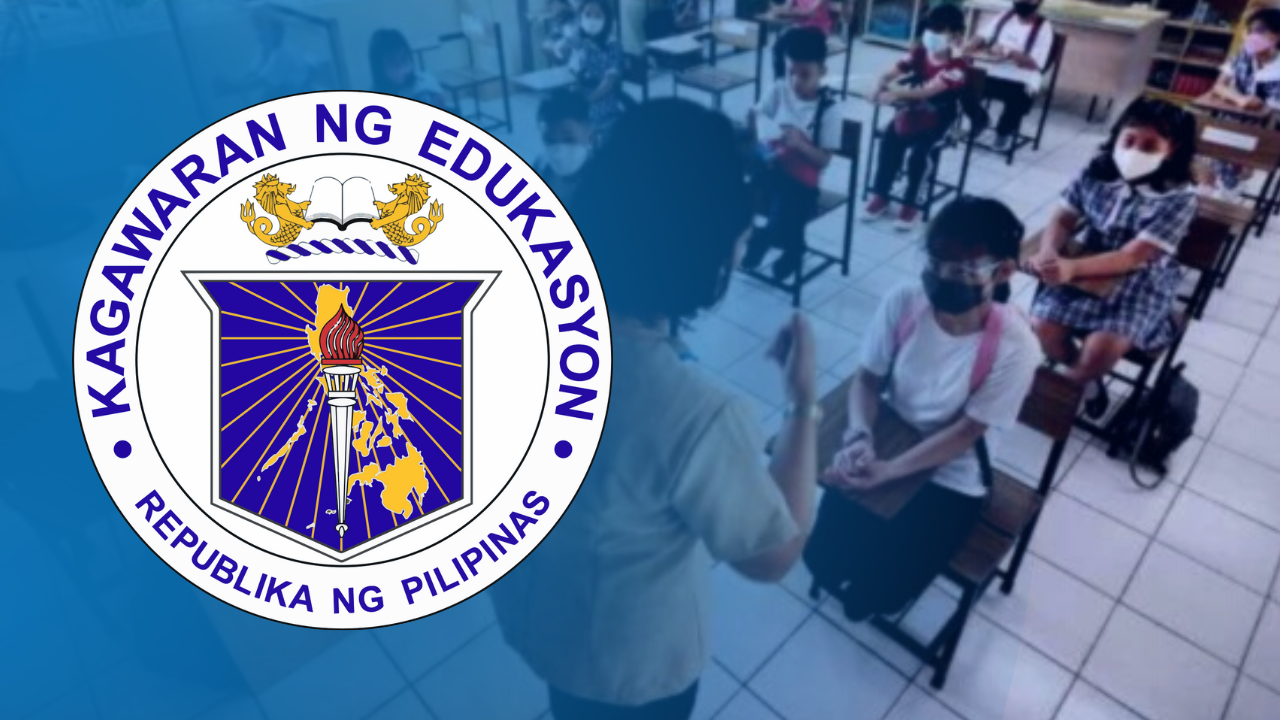DepEd readies remediation program for reading, math

INQUIRER FILE PHOTO
The Department of Education (DepEd) will soon launch its National Reading and Math programs as part of the agency’s learning recovery efforts at the basic education level.
The projects will be rolled out in the next few months, according to Assistant Education Secretary G.H. Ambat, with the reading program for Grades 1 to 3 students designed to “go beyond just slogans and holding contests.”
“The National Reading Program gears to solidify the existing reading programs being implemented in the schools and field offices,” she said on Wednesday during the DepEd’s National Planning Conference in Subic.
The initiative will also complement the existing reading programs of the department, such as the Bawat Bata Bumabasa (3B) and the Every Child A Reader Program (ECARP).
Introduced in 2019 under then Education Secretary Leonor Briones, the 3B initiative underscores the six elements of reading—oral language, phonological awareness, phonics, vocabulary, fluency and comprehension—that students must understand and use to learn how to read.
Article continues after this advertisementTeacher training
Meanwhile, ECARP provides a yearlong apprenticeship program to teachers to help them become “independent problem solvers” of the literacy problems in their respective schools.
Article continues after this advertisementRosemarie Edillon, undersecretary for national development policy and planning at the National Economic and Development Authority (Neda), said that in Australia, the kids were being “awarded and rewarded for the number of books read.”
Ambat recognized these strategies, saying that the DepEd was open to the idea of collaborating with the Australian government to improve the country’s learning recovery programs.
Based on Neda’s estimate, the impact of prolonged school closures in the Philippines due to the COVID-19 pandemic if left unchecked and unaddressed could result in P10.1 trillion worth of lost earnings and wages over the next 40 years.
Tutorials
Aside from the national reading and math programs, Edillon suggested that the DepEd also institute a national tutoring program to catch up on the learning losses.
“We could probably partner with SUCs (state universities and colleges) in their NSTP (National Service Training Program) for its implementation,” she said.
This proposal is still under discussion at the DepEd, Ambat said, because “much as we understand that remediation is needed… we also have to consider the budget necessary for the tutoring program.”
The agency earlier said it received “alarming” reports of learning gaps, which is the difference between what learners are expected to have learned in a certain grade level versus what they have learned up to that point.
Ambat said the DepEd has developed its strategies to address these gaps, including the profiling of learners based on their academic needs, intensifying the implementation of reading programs and expanding the learning time to improve reading and numeracy skills.
RELATED STORY: